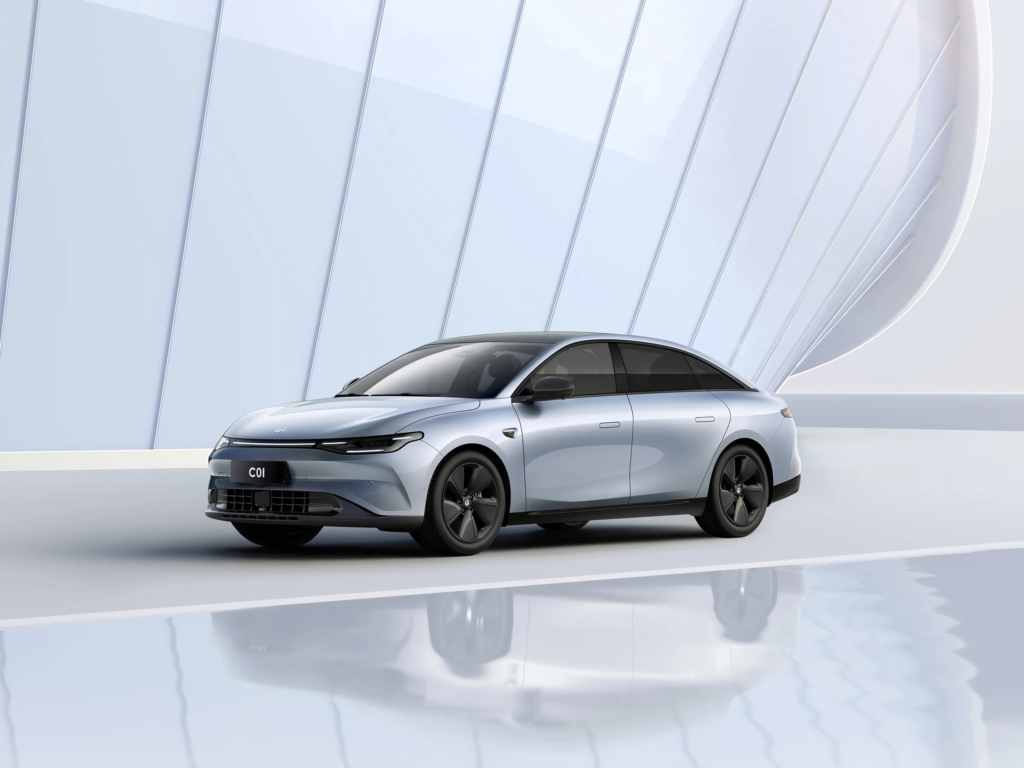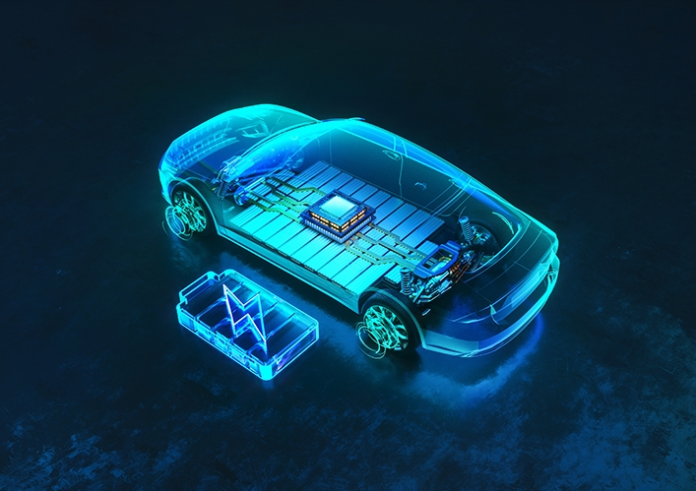Introduction
As the global demand for electric vehicles (EVs) continues to surge, the quest for more efficient and sustainable energy storage solutions becomes paramount. While lithium batteries have served as a reliable choice, concerns over resource scarcity, environmental impact during production, and limited energy retention capabilities have spurred intensified research into alternative technologies.

Developing alternatives for Lithium batteries
- Solid-State Batteries: Representing a paradigm shift, solid-state batteries employ solid materials in lieu of conventional liquid electrolytes. This innovative approach holds the promise of higher energy density, extended lifespan, and enhanced safety features compared to traditional lithium batteries. Manufacturers are actively investing in research and large-scale testing, heralding the imminent arrival of this game-changing technology to the market.
- Sodium Batteries: Harnessing the abundance of sodium as a widely available resource, researchers are exploring its potential as a compelling alternative to lithium batteries. While not as advanced as lithium batteries currently, ongoing research is rapidly advancing, with significant breakthroughs anticipated in the coming years.
- Supercapacitors: Emerging as dynamic energy storage devices, supercapacitors boast rapid charge and discharge capabilities. While their storage capacity may currently lag behind lithium batteries, their remarkable durability and ability to endure a higher number of charge and discharge cycles make them a compelling alternative or complementary option in EV applications.
Also read : Hyundai Mobis
The following energy storage systems are used in all-electric vehicles, PHEVs, and HEVs.
Nickel-Metal Hydride Batteries
Nickel-metal hydride batteries, used routinely in computer and medical equipment, offer reasonable specific energy and specific power capabilities. Nickel-metal hydride batteries have a much longer life cycle than lead-acid batteries and are safe and abuse tolerant. These batteries have been widely used in HEVs. The main challenges with nickel-metal hydride batteries are their high cost, high self-discharge rate, heat generation at high temperatures, and the need to control hydrogen loss.
Lead-Acid Batteries
Lead-acid batteries can be designed to be high power and are inexpensive, safe, recyclable, and reliable. However, low specific energy, poor cold-temperature performance, and short calendar and lifecycle impede their use. Advanced high-power lead-acid batteries are being developed, but these batteries are only used in commercially available electric-drive vehicles for ancillary loads. They are also used for stop-start functionality in internal combustion engine vehicles to eliminate idling during stops and reduce fuel consumption.
Ultracapacitors
Ultracapacitors store energy in the interface between an electrode and an electrolyte when voltage is applied. Energy storage capacity increases as the electrolyte-electrode surface area increases. Although ultracapacitors have low energy density, they have very high power density, which means they can deliver high amounts of power in a short time. Ultracapacitors can provide vehicles additional power during acceleration and hill climbing and help recover braking energy. They may also be useful as secondary energy-storage devices in electric-drive vehicles because they help electrochemical batteries level load power.
FAQs
When can we expect the first electric cars without lithium batteries? A: Pinpointing an exact timeline is challenging due to the ongoing nature of research and development. However, industry experts anticipate the introduction of electric vehicles utilizing alternatives to lithium batteries within the next 5 to 10 years.
Q: Will alternatives to lithium batteries provide the same range as current lithium batteries? A: Emerging technologies, though still in development, are poised to offer comparable or even superior ranges compared to current lithium batteries.
Q: Are alternatives to lithium batteries more environmentally sustainable? A: Yes, ongoing research aims to reduce the environmental impact associated with the production and disposal of alternative batteries. Materials like sodium, being more abundant, contribute to greater sustainability.
The following energy storage systems are used in all-electric vehicles, PHEVs, and HEVs.
Conclusion
In conclusion, the pursuit of electric cars without lithium batteries is steering the automotive industry toward innovative alternatives. With ongoing advancements in solid-state batteries, sodium-based technologies, and supercapacitors, the horizon of sustainable energy storage is expanding. As these alternatives mature, a greener and more efficient era for electric vehicles awaits, promising a shift towards environmental consciousness and resource diversification in the electric mobility landscape.

